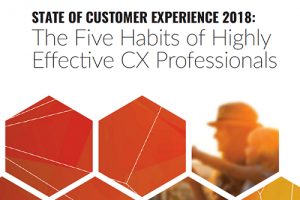3,739,229
3,739,229 or 20% – that’s the net reduction in total phone numbers registered with the UK Telephone Preference Service between January and December 2018.
This wasn’t due to a sudden surge in enthusiasm for receiving sales and marketing calls, but rather because TPS – and its masters at the Information Commissioner’s Office – finally started cleansing the data, stripping out redundant and reassigned numbers.
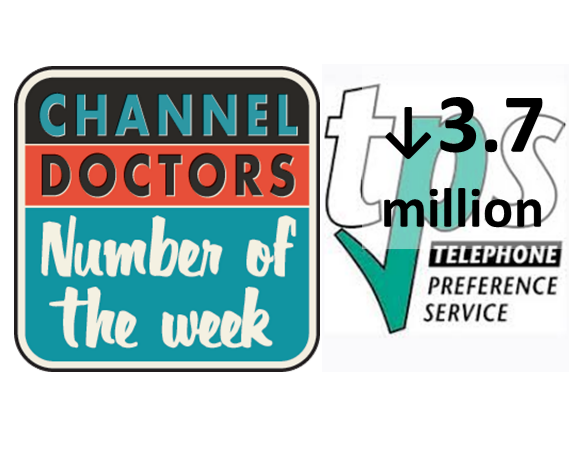
So, life has become a little easier for marketeers and contact centres which need to screen their phone prospect data against the TPS – while the TPS’ long term future remains unclear (especially as the proposed ePrivacy Regulation seems as far away as ever…)
+6-8%
A major UK news media brand found that its rates of Subscriber first term uplift (i.e. Retention) rose between 6-8% on average for those receiving Welcome Calls, when compared to those who did not.
Not just a compelling example of how proactive contact can make a commercially significant difference to organisations and their customer engagement – but also that ‘digital’ customers aren’t necessarily tied to just one communication channel.
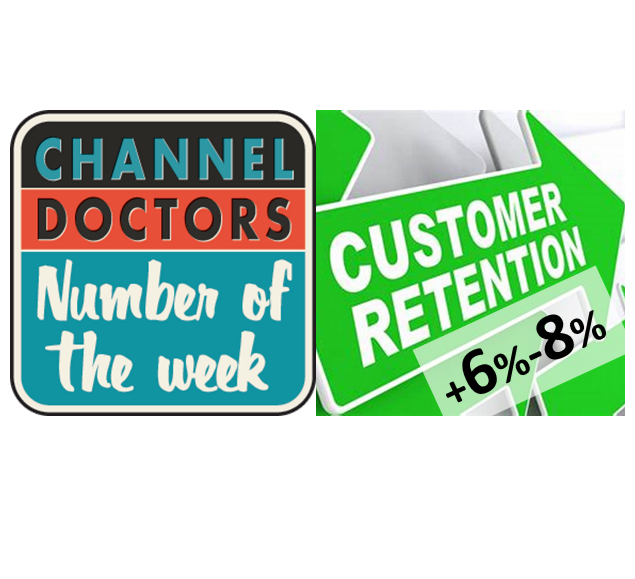
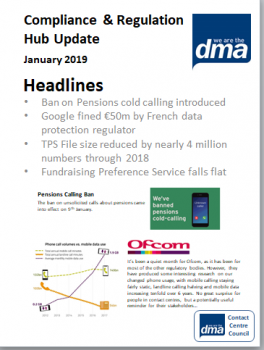
January’s Regulation Hub Update from the DMA’s Contact Centre Council
All the news contact centre and customer experience professionals need on regulation and compliance, prepared by Channel Doctors’ Steve Sullivan for the Direct Marketing Association (www.dma.org.uk)’s Contact Centre Council.
This month’s headlines:
- Ban on Pensions cold calling introduced
- Google fined €50m by French data protection regulator
- Telephone Preference Service file size reduced by nearly 4 million numbers through 2018
- Fundraising Preference Service falls flat
Click Here: DMA CC Council – Compliance Regulation Hub Update January 2019
100% Compliant
It’s depressing #BlueMonday today, we’re told. So cheer yourself up with this hilarious bit of research from the DMA.
44% of respondents to the DMA’s latest data privacy survey from the tech and telecommunications sector claim to be “100% GDPR compliant”.
Comedians.
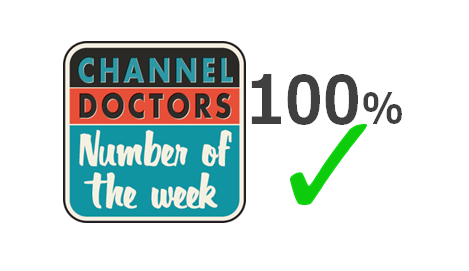
Could the 22% of CX Professional Leaders please stand up?
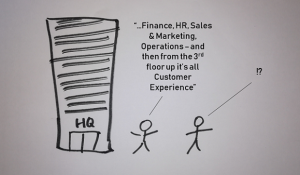
There are some fascinating numbers in the State of Customer Experience 2018: The Five Habits of Highly Effective CX Professionals, produced by Engage (www.engagecustomer.com) and Confirmit (www.engagecustomer.com) – and lots else, it’s a really useful document, full of great insight, research and ideas. However, I’m somehow unconvinced by its categorisation of 22% of “CX professionals” as Leaders.
Why?
Let me explain.
Firstly, I have a bit of a problem with the ‘professionalisation’ of customer experience. Of course there are particular tools, techniques and insights which are vital to improving customer experience, but fundamentally listening to customers doesn’t require the reserved membership or the equivalent of a medieval Guild. Practically anyone can do it and everyone in the organisation should be encouraged to contribute. Some of the best insights will be from the employees who spend all day dealing with customers in the field, on the shop-floor and in the contact centre.
Secondly, the ‘Leader’ category described in the State of Customer Experience 2018 is restricted to those respondents who could see “significant increase in budget in the next 12 months (9 or 10 on a 0-10 scale)”. Sorry, but I just don’t buy this! I’m not naive and I understand that in modern, complex organisations investment in the right techniques and technologies are needed as well as a – simple sounding; hard to achieve – willingness to try and understand what the customer wants. But empire and budget-building are no guarantee of anything. Surely better an unfunded and authentic customer orientation than a vast programme of journey mapping, C-SAT, CES, CX and NPS scoring that goes nowhere (and we’ve all seen just those sort of programmes in action)?
Fundamentally, achieving a great customer experience is very hard work for a variety of reasons. Although being given a bigger budget might be a great help (and presumably at least shows you’ve got some of the necessary support from the Board level) of itself it won’t achieve a thing – except make your search for those elusive sources of evidence of the (undoubted) relationship between customer experience and business performance even more urgent!
So, if – despite my reservations – you aspire to be a leading “CX Professional” but have little or no budget, then don’t despair! Here’s a list of 7 things you can do with no budget, except maybe the cost of a few train fares:
1. Set out on a road trip and talk to colleagues (and your suppliers’ and business partners’ employees) who are in contact with customers
2. Go online and take some customer journeys – make some calls, start a chat, follow the Contact Us directions and see what happens
3. Identify some real customers (at random or on the basis of feedback or complaints), make contact, tell them what you’re doing and ask to talk to them
4. Go the contact centre and listen to calls, read emails and chats and write some notes
5. Find out what groups within your organisation are developing new propositions, contact channels, offers and find out if they have a ‘customer representative’ on board. If they haven’t, find one. Quick!
6. Make a first draft of your CX priorities and changes
7. And be prepared to adjust it as you go – your organisation isn’t static and neither are your customers
6 Weeks
Apparently, every Facebook coder receives 6 WEEKS of data privacy training!
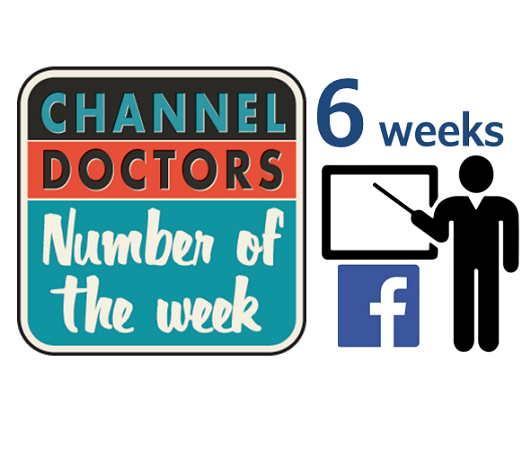
Really. That’s what I thought.
93%
The Phone-Paid Services Authority is the regulator for premium rate phone services.
The PSA is a small organisation with 45 staff and budget of less than £4m, but it seems to be achieving an incredibly high rate of customer contact self-service (93%) – especially when many of the people contacting the PSA are likely to be confused or distressed by high call charges.
Whether you buy into the sometimes frenzied and customer-contemptuous mantras of contact avoidance and deflection or not, the PSA is achieving self-service rates that would be the envy of lots of massive corporates.
Maybe the PSA should start to offer consultancy services….
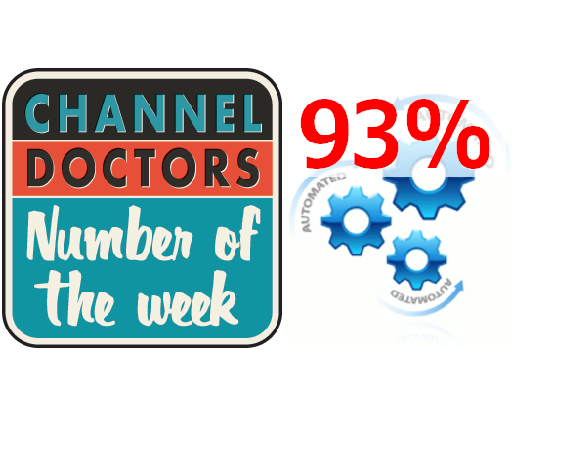
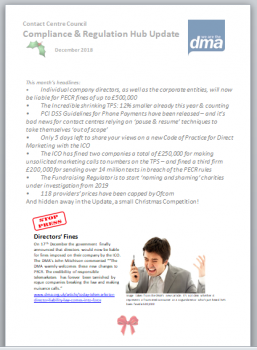
December’s Regulation Hub Update for the DMA’s Contact Centre Council
December’s round-up of Regulation and Compliance news for UK contact centres.
This month’s headlines include…
- Individual company directors, as well as the corporate entities, will now be liable for PECR fines of up to £500,000
- The Incredible shrinking TPS: 12% smaller already this year & counting
- PCI DSS Guidelines for Phone Payments have been released – and it’s bad news for contact centres relying on ‘pause & resume’ techniques to take themselves ‘out of scope’
- Only 5 days left to share your views on a new Code of Practice for Direct Marketing with the ICO
- The ICO has fined two companies a total of £250,000 for making unsolicited marketing calls to numbers on the TPS – and fined a third firm £200,000 for sending over 14 million texts in breach of the PECR rules
- The Fundraising Regulator is to start ‘naming and shaming’ charities under investigation from 2019
- 118 Directory Enquiries providers’ prices have been capped by Ofcom
And hidden away in the Update, a small Christmas Competition!
DMA CC Council – Compliance Regulation Hub Update December 2018-ilovepdf-compressed
200 cases
The European Data Protection Board (EDPB) has probably now got over 200* cross-border case to adjudicate on after having them passed on from national data protection regulators (i.e. the various national equivalents of the UK’s Information Commissioner’s Office). The Board acts as a kind of Europe-wide master legislator, both defining what some of the more amorphous clauses of the GDPR mean (as its predecessor body, the Article 29 Working Party did) and judging cross-border cases where individual national regulators can’t.
In amongst those cases it’s fair to assume that there will be some scenarios which will be critical in defining what’s acceptable data management practice in the future. Irrespective of the progress of Brexit, these will be key to British businesses wanting to continue to attract and interact with customers in other European countries. So, the EDPB’s rulings will be keenly awaited – but they may not necessarily benefit from wide publicity as some national GDPR laws (not the UK’s 2018 Data Protection Act) require the anonymisation of bodies fined for infringements.
So, keep an eye out!
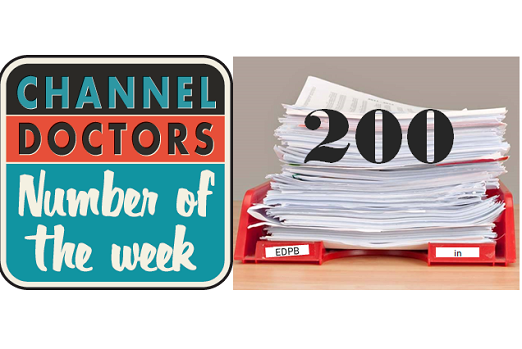
*That’s a guesstimate based on the 162 the EDPB’s Chair revealed they had received up to late October
Let’s make metering smart again!
0.47%
That’s the progress that has been made against the target for rolling out second generation smart meters (“SMETS2”) as highlighted in a damming NAO report this morning (www.theguardian.com/environment/2018/nov/23/smart-meters-rollout-labelled-a-fiasco-as-consumers-face-extra-500m-bill). The report goes on to say that as result of a series of failures in the roll-out programme the government’s 2020 completion target is “in tatters” and consumers will be faced with additional costs – added to their energy bills – of over £500m.
The technical and logistical problems of installing equipment in 30 million homes and business premises are obviously immense (even without the functionality problems many disgruntled consumers have experienced), but there’s a customer engagement challenge, too. No consumers are obliged to have smart meters installed, but the energy companies and installers are under government and regulator (Ofgem) pressure to meet targets.
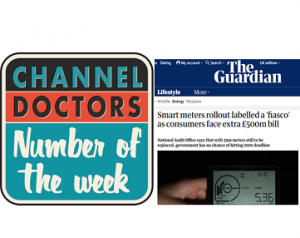
User research indicates there are direct, financial benefits to the use of smart meters, especially the second generation variety, but the industry clearly hasn’t done all it can to persuade consumers of those benefits. Public awareness of smart metering is incredibly high (98% according to Smart Energy GB www.smartenergygb.org), but spontaneous consumer demand is low.
This suggests that old fashioned direct interaction and proactive contact have a vital part to play – be that face-to-face, via digital channels or voice. Whatever the customer engagement mix, contact centres will be crucial.
Energy supply and metering are esoteric areas, but customer engagement shouldn’t be.
Maybe energy suppliers and their partners should start by having a chat to my friends at the Contact Centre Panel www.contactcentrepanel.com

